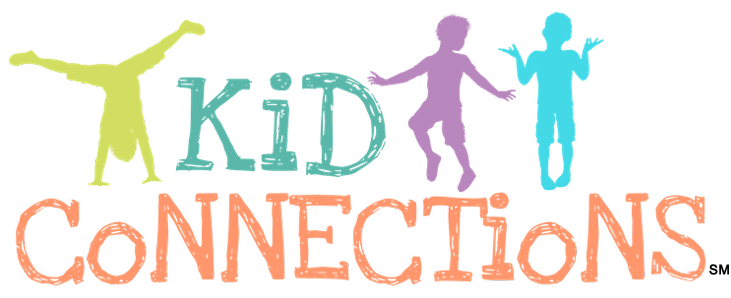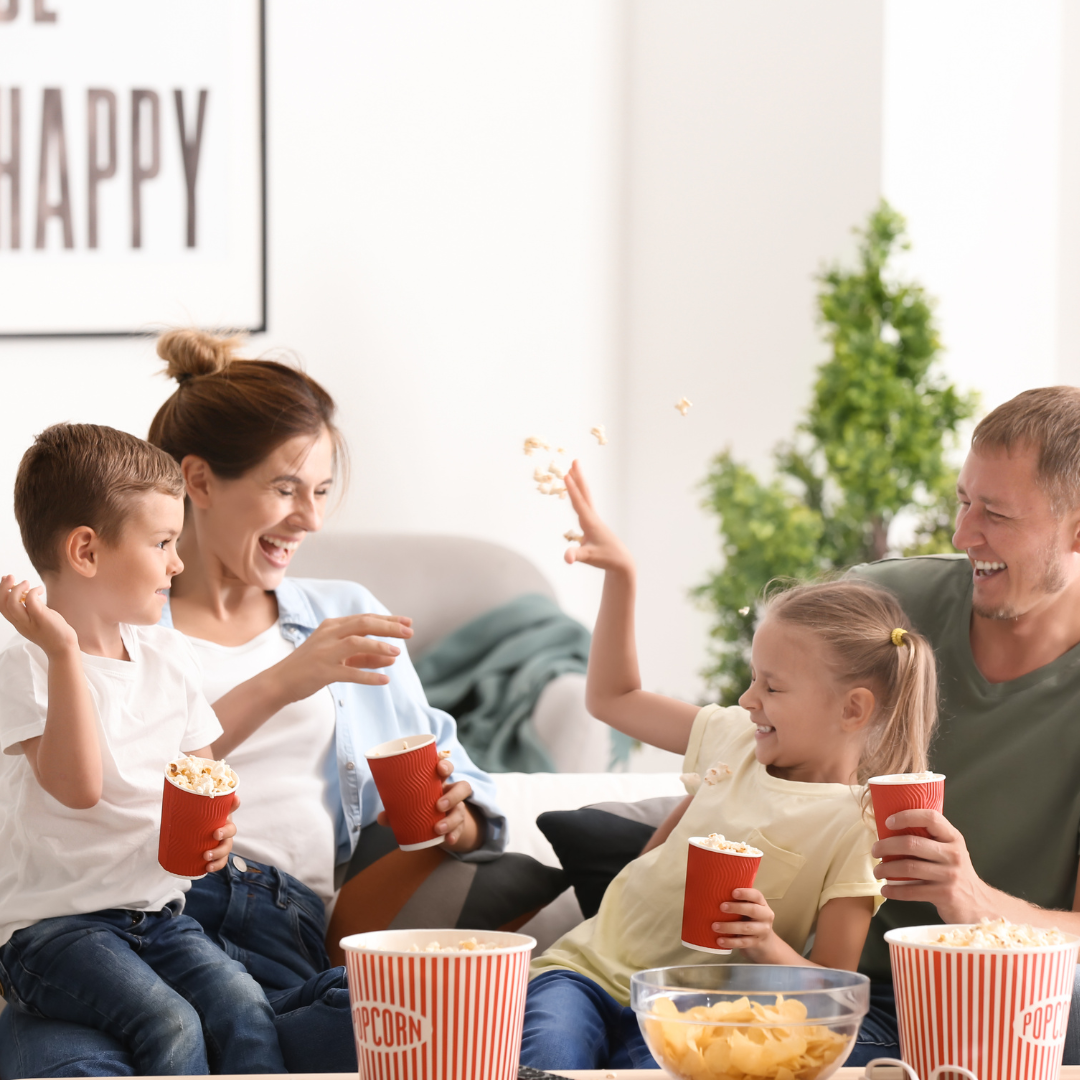It’s the holiday season, and with cold weather and twinkling lights also comes changes in routine, breaks from school, and lots of opportunities to socialize. Whether that be with peers and teachers at school, friends in the neighbourhood, or family members from out of town, there’s always something to talk about with someone new and/or old.



Here are a few tips to support your child's social skills through the holidays and all that comes with this time of year.
1. Giving
- When thinking about what to buy people for the holidays, involve your child in this wonderful perspective taking opportunity. Have them make guesses about what their family members, friends, and teachers may like. If this presents as a challenge, take the opportunity to brainstorm together.
- Think: How do we find out what someone else likes? We ask them of course! Not only do we have to ask good questions…we also have to be good listeners, ask follow up questions, and choose what information we share with others.
- Gift giving is a great opportunity to take time to think about others, take their perspective, and step into someone else’s shoes.
2. Receiving
- Opening presents is another great opportunity to build inferencing and predicting skills. Have your child make smart guesses about what’s in a gift before they open it.
- Think: Is it flat and square? Could it be a book? Is it heavy or light?
- You can incorporate turn taking and practice appropriate responses when giving and receiving gifts. For example:
- “I hope you like it!”
- “Wow, thank you so much!”
- Encourage your child to engage in eye contact and to express gratitude using carrier phrases such as, “Thank you, I will _____ with this.”
Hidden Holiday Hints
Sometimes we don’t realize the subtle hidden rules around the holidays, and it’s important to take time to explain what’s expected and unexpected (Remember, unexpected isn’t necessarily bad…it’s just unpredictable).


- Teach your child that not everyone celebrates the same holidays, and that’s okay. Model asking appropriate questions by providing examples and wishing everyone a happy holiday
- It is unexpected to tell someone what you’re giving them before they open a present. Practice being patient and waiting for others to open gifts.
- Take time to role-play what is expected and unexpected during family gatherings and holiday parties. For example, it is expected to greet guests by saying “hello” or to compliment the host on the food. You can practice being quiet at the table, sitting through multiple courses, or being a good sport during game.
It’s important for your child to add to the holiday cheer, and knowing what is expected can help to make that happen.
If you need more information or ways to help your child build social skills, feel free to give us a call at 410-274-0041.
By Erica Eckel
Erica was a Speech-Language Pathologist at Kid Connections Therapy
Get access to a free resource
You may be road-tripping to see family this festive season.
A road trip may be the most difficult part of the vacation if you have children under 6 years old.
Having a list of activities ready to play with them when you and your family are traveling will not only improve the quality of your trip, but additionally enhance your child’s language and communications development skills.


